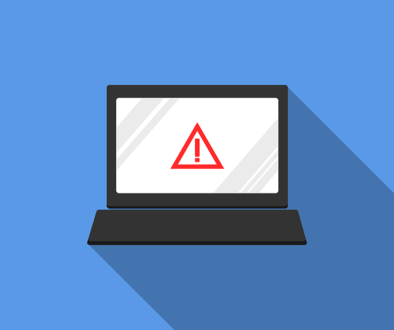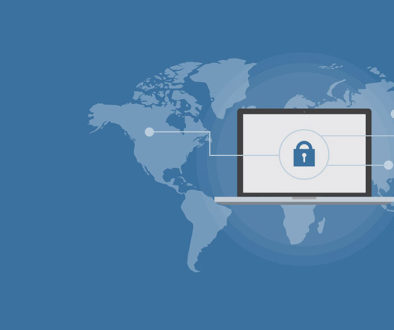BLOCKCHAIN TECHNOLOGY IN THE RETAIL INDUSTRY
VMware recently released their Project Concord and is continuing to advance blockchain technology. A blockchain acts like a public log, facilitating the security of a transaction between two users in the same network. The transaction’s information is secured, verifiable, and permanently stored with its data sealed behind an endless series of hierarchical cryptographic blocks. The data blocks allow for transactions to be traced and easily verified. It is from these data blocks that the technology’s name is derived.
Those who are familiar with the digital currency, Bitcoin, will know that it was based on the workings of blockchains because they provide a top level of security. A transaction cannot be altered once it is entered into a blockchain. Each block contains a connective link that joins the blocks together, as well as a timestamp and the transaction data itself.
The Retail and Sales Industry
The retail and sales industry is a lucrative field for hackers and cybercriminals because of all the personal information available on these databases. Blockchain technology is only starting to be used outside of the financial sphere. The retail industry would benefit from blockchain technology by incorporating it into loyalty programs, protecting data from cyber-attacks, giving customers more control over their personal information, and tracking merchandise from its source to its destination.
The German restaurant, Sausilitos, adopted a loyalty program this past May that uses blockchains in their app and they also created their own cryptocurrency. Customers earn coins whenever they make a transaction at the restaurant and can exchange their tokens for cash, as well as for cryptocurrencies and tokens belonging to other brands. The CEO, Christoph Heidt, believed customers receive a higher return on investment and lifetime value combined with data protection.
Shopin was created to compete with Amazon and provide empowerment to shoppers. It’s a universal shopper profile that allows retailers to offer a higher quality of product recommendations and more valuable rewards to shoppers who provide retailers with access to their data, such as product and service preferences. Shopin is built on blockchain technology so it also enables easy and secure transactions. Shopin takes the shopping experience to the next level with its incorporation of artificial intelligence and the combined efforts of retailers to accumulate and pass on a shopper’s years of purchases. These features create a more sustainable retail economy because retailers grow stronger with accessible knowledge and customers own and have complete control over their data and with whom they decide to share it.
Walmart & IBM
Walmart and IBM combined forces in 2016 to use blockchain technology for recording food supply details, such as where they were grown and the methods used, as well as the inspector who performed the evaluation. Food supplies can easily become contaminated and undetected, but with blockchain technology, staff can quickly find any of the contaminated food and remove it from the shelves to ensure the health of thousands. The vice president of food safety and health at Walmart commented that the store’s tracking time went from six days to two seconds with the help of blockchain technology.
Pinpointing Vulnerabilities in the Retail Industry
Orenda Security provides assessments, DAST, and could use penetration testing to expose areas of risk and prevent significant breaches of data. Our managed DAST services empower development teams. We customize our reporting methods to better serve your business while demonstrating how these security risks apply to your products and services.


